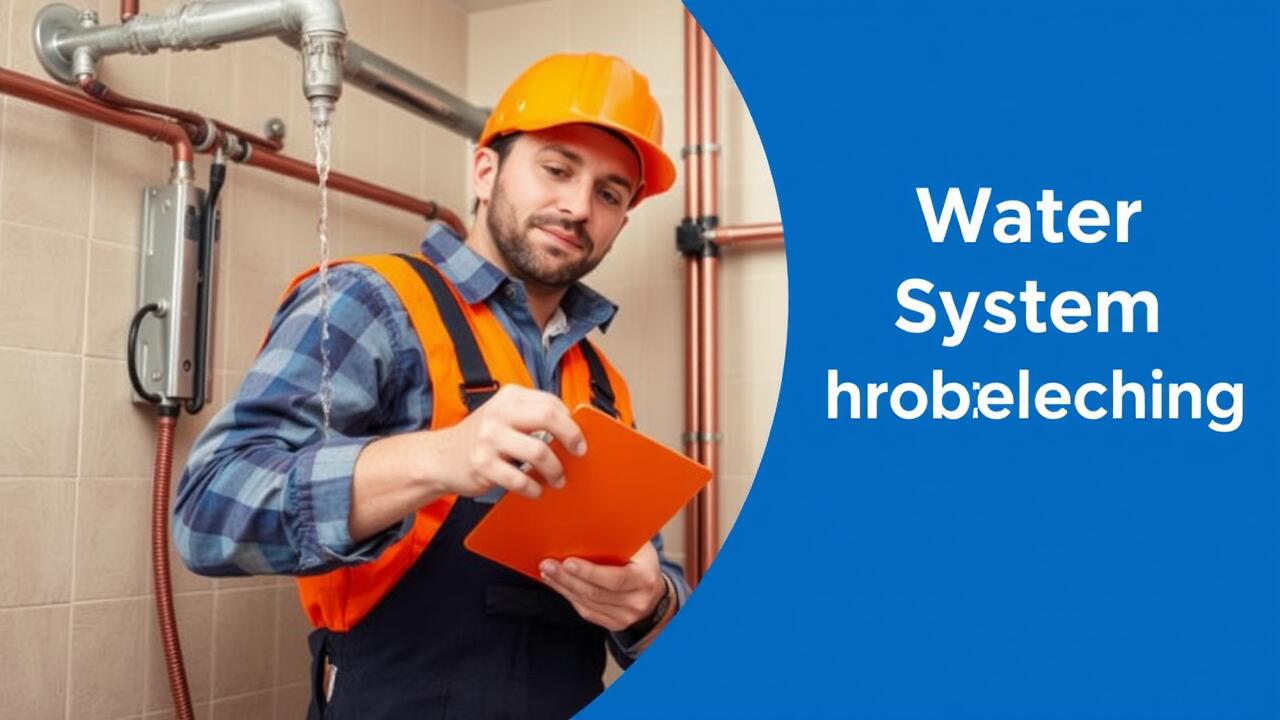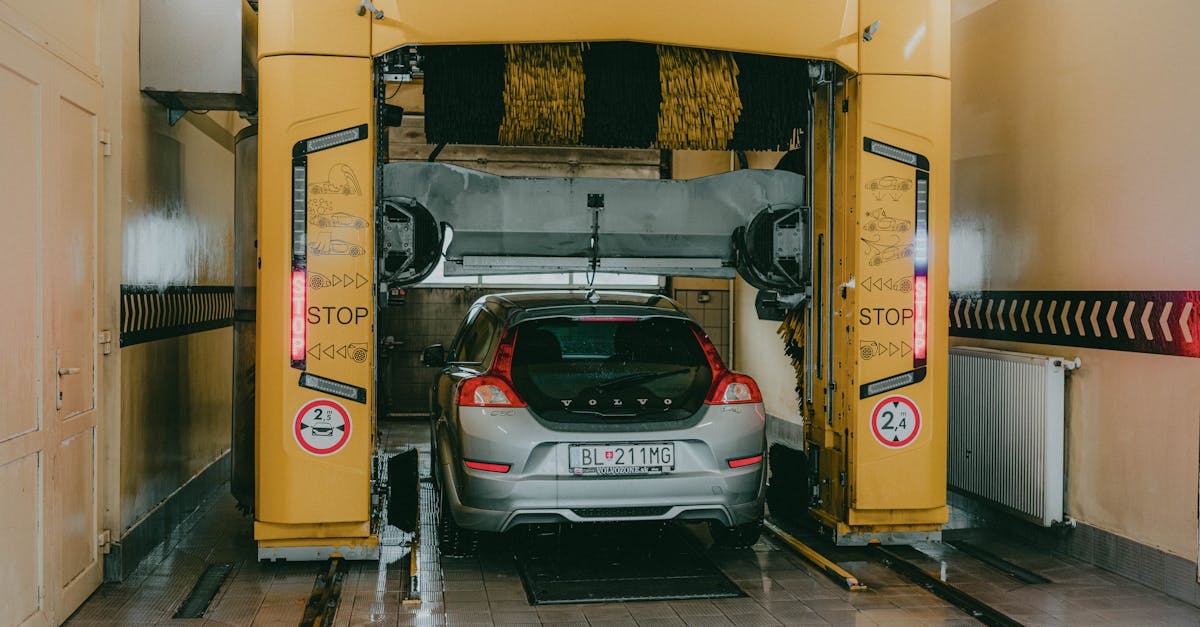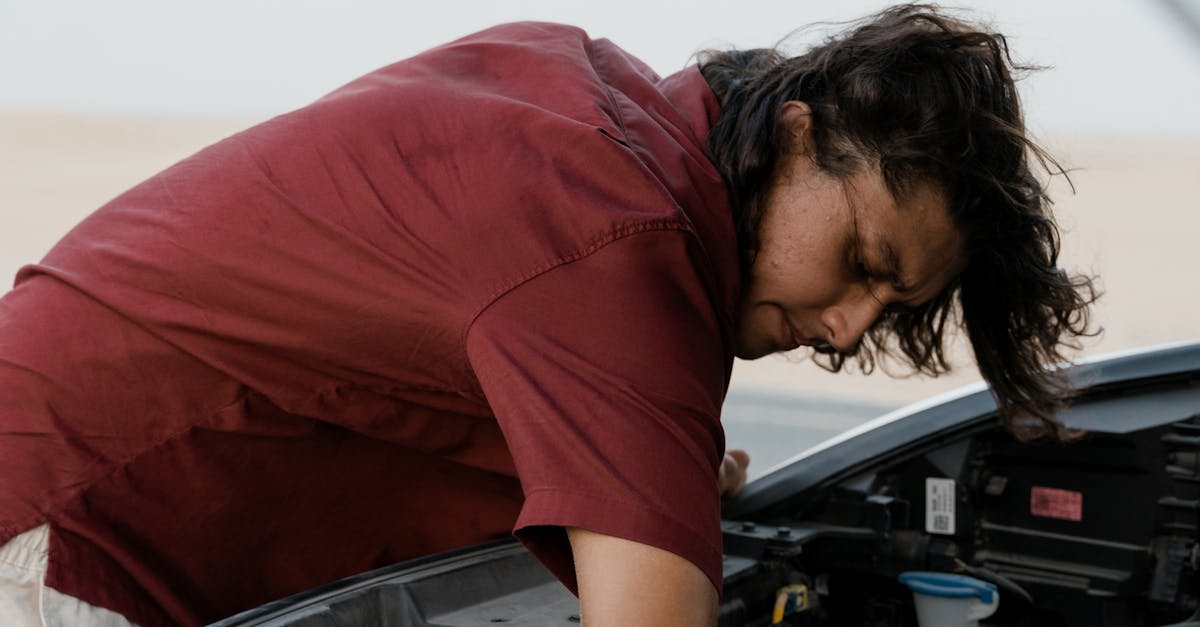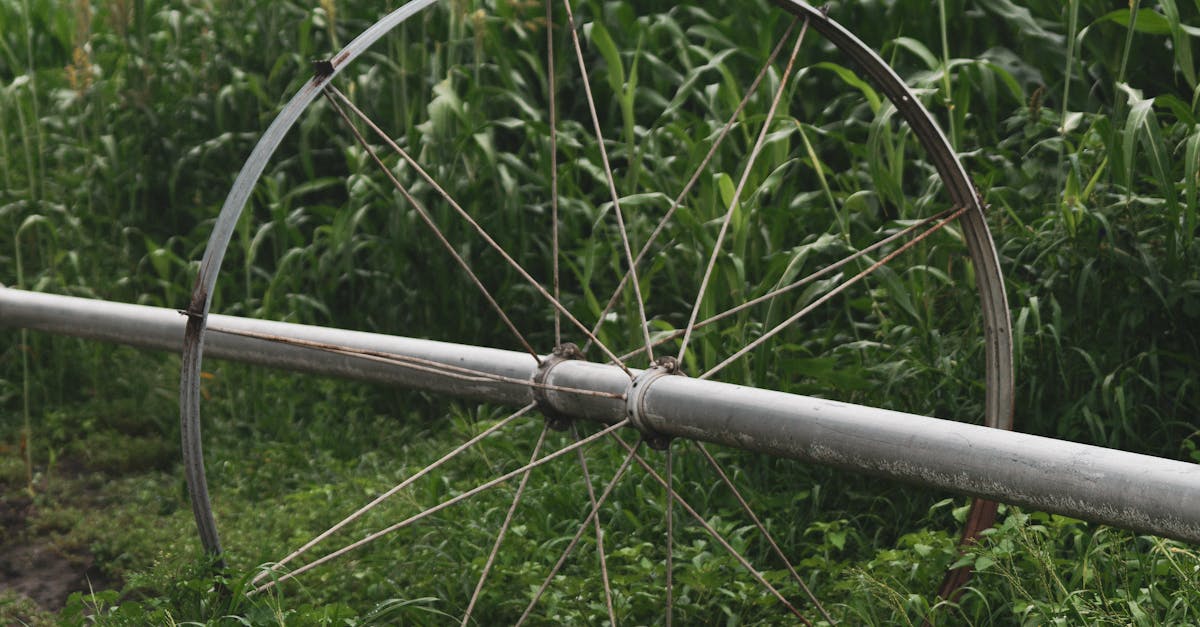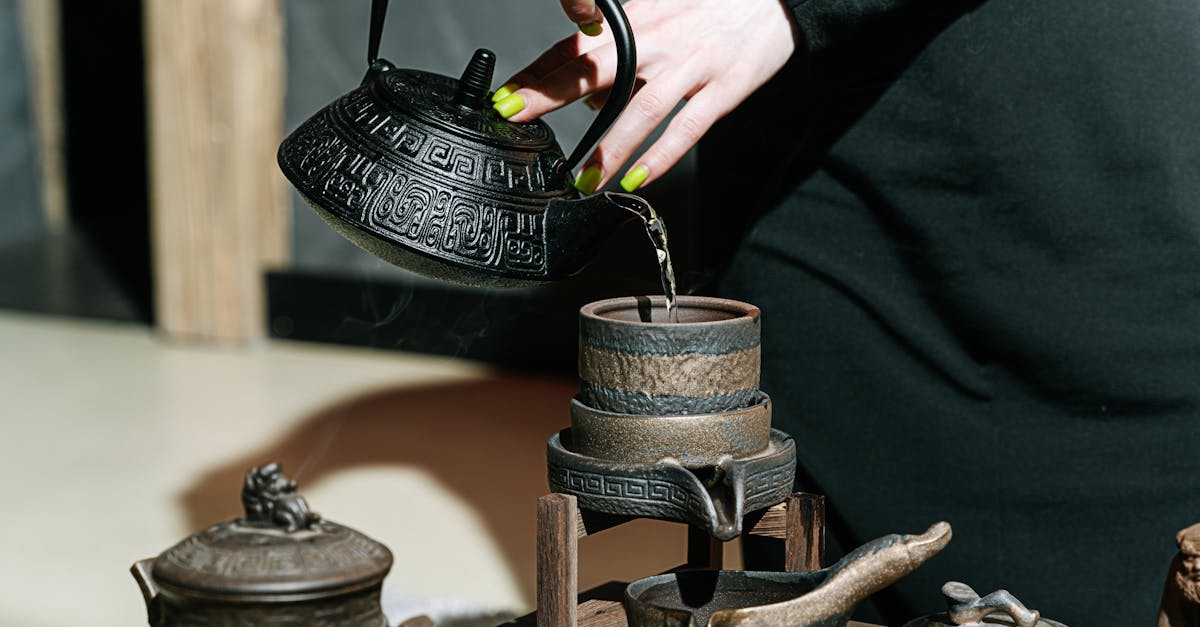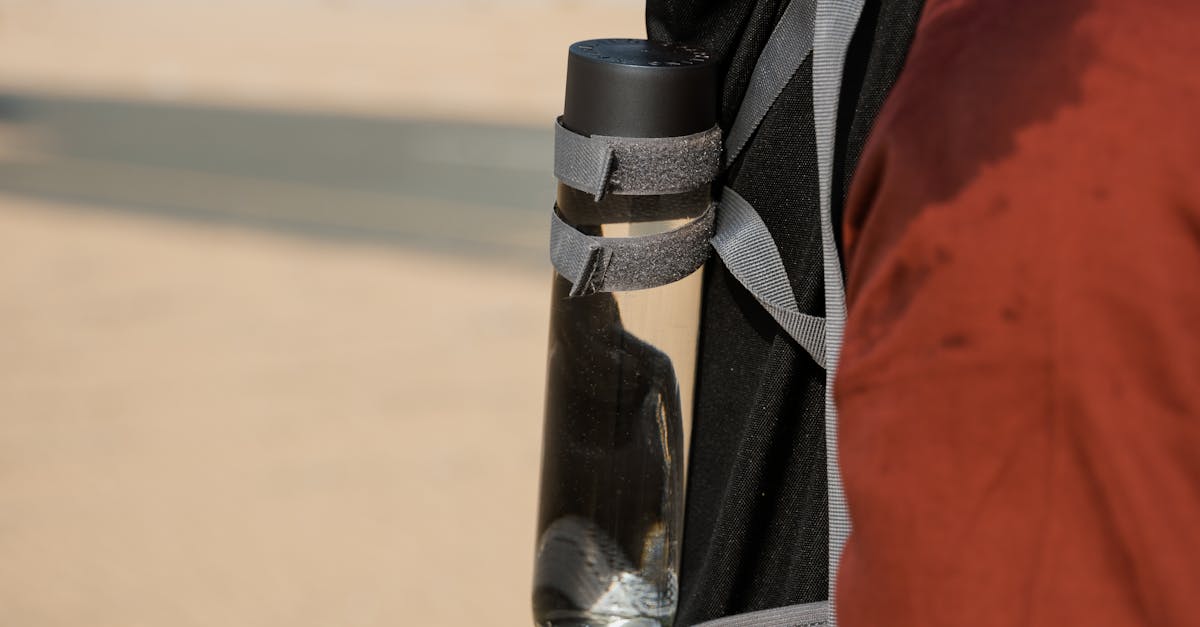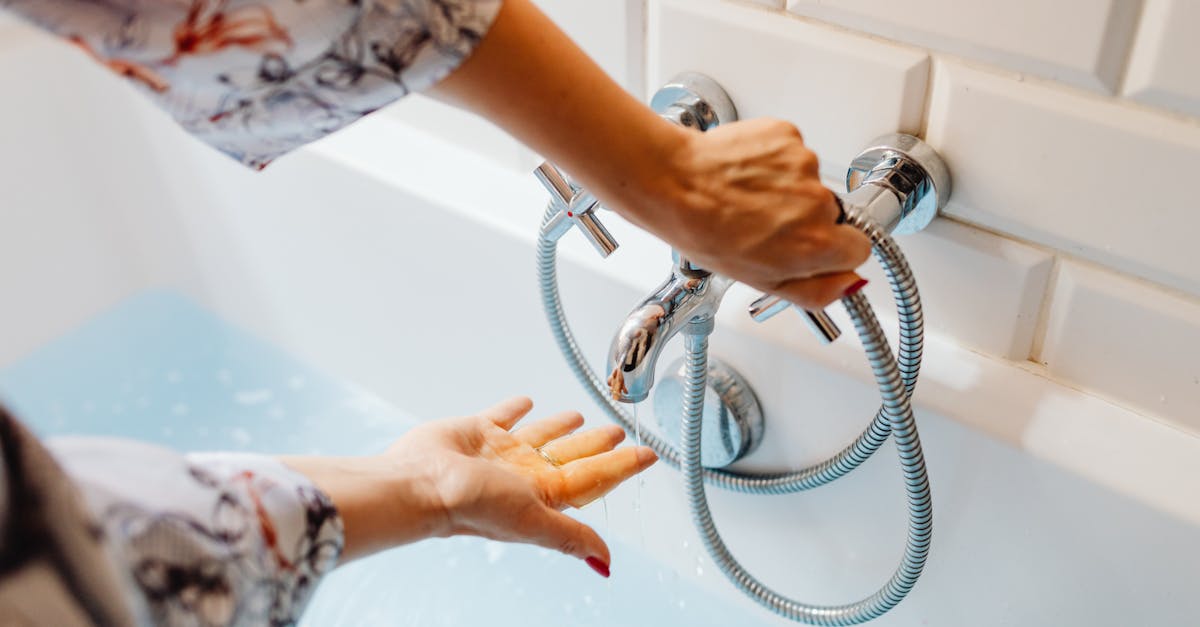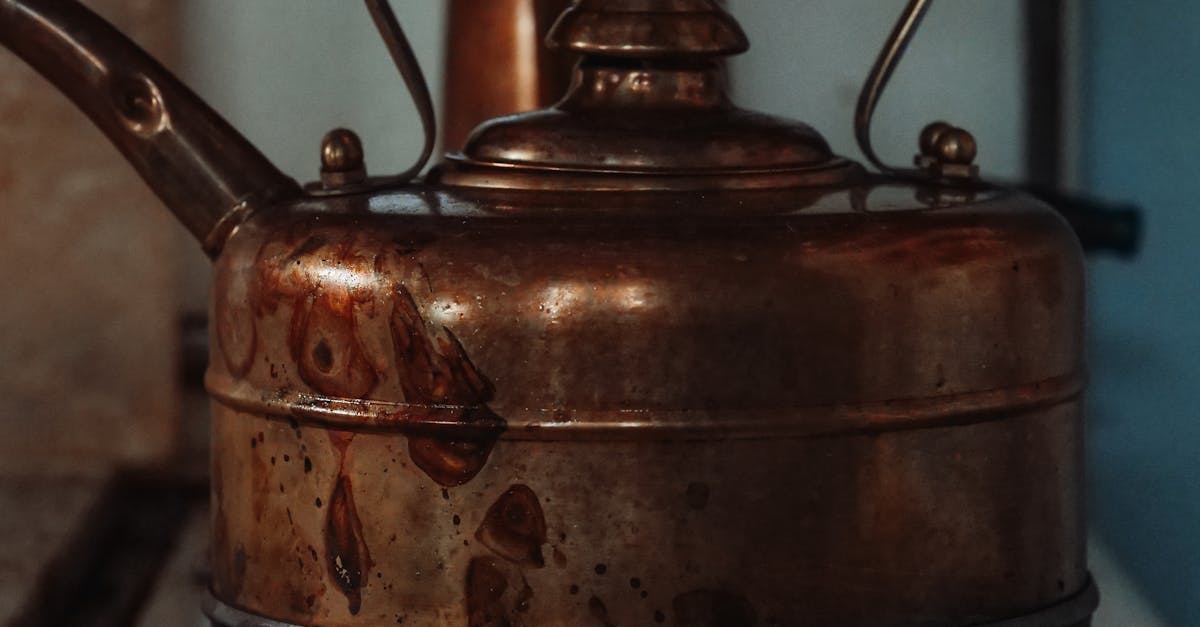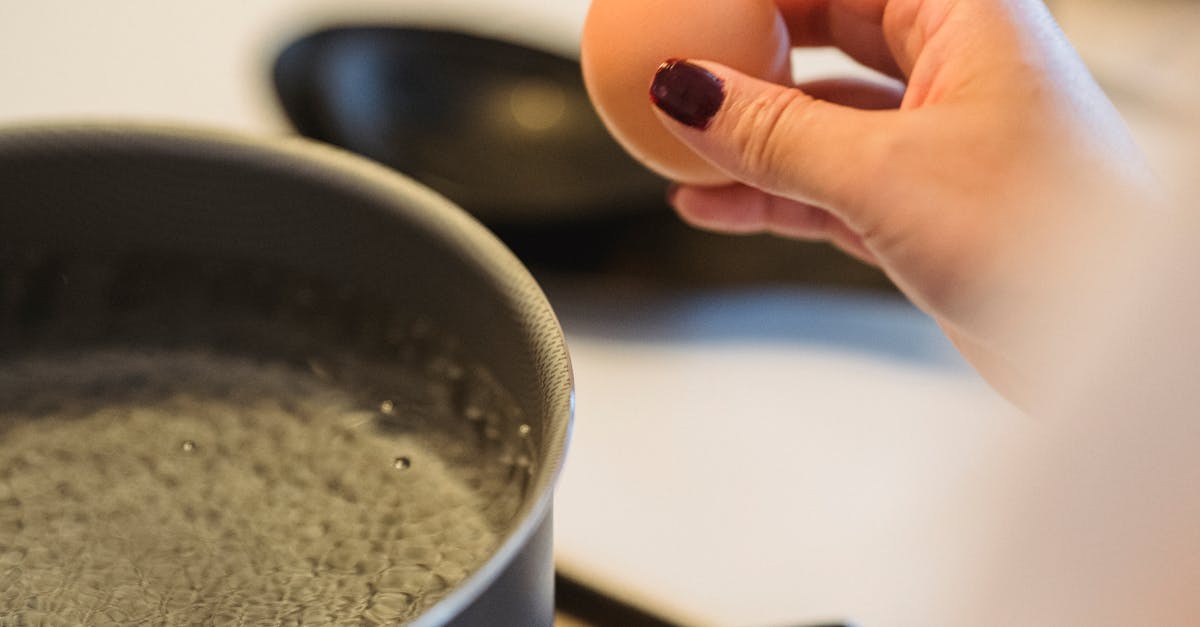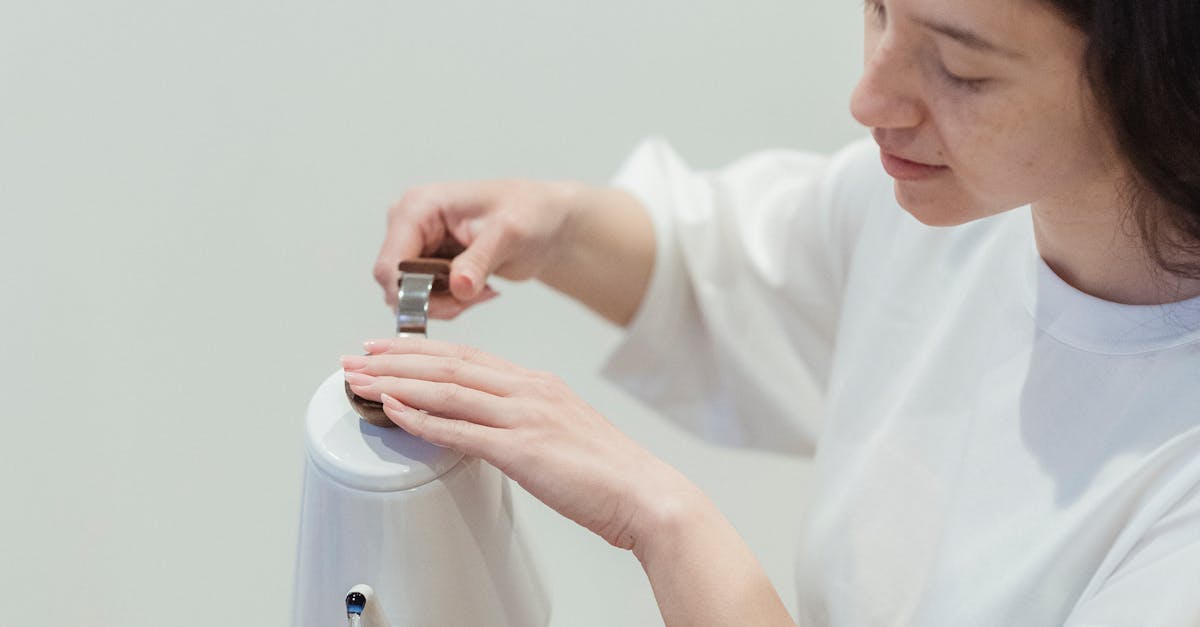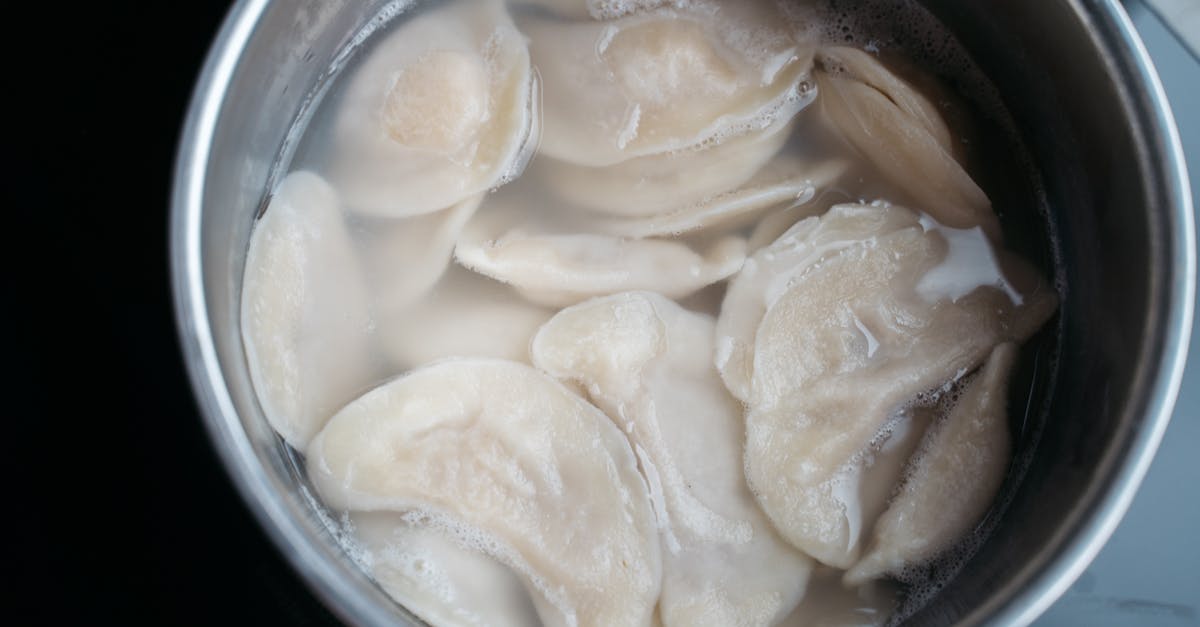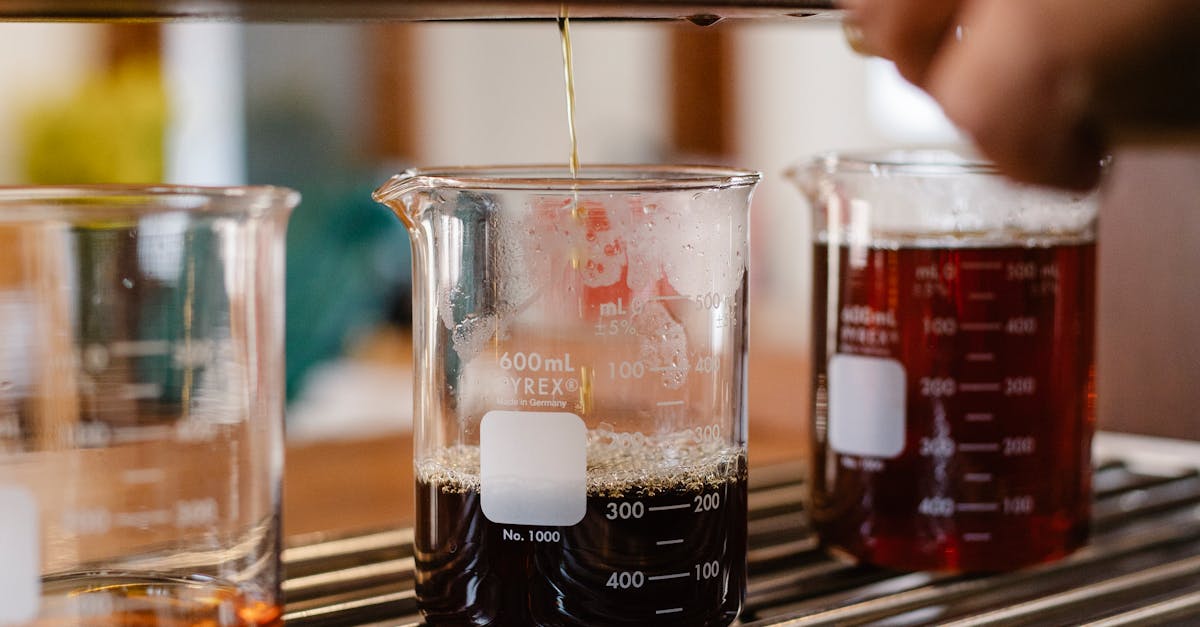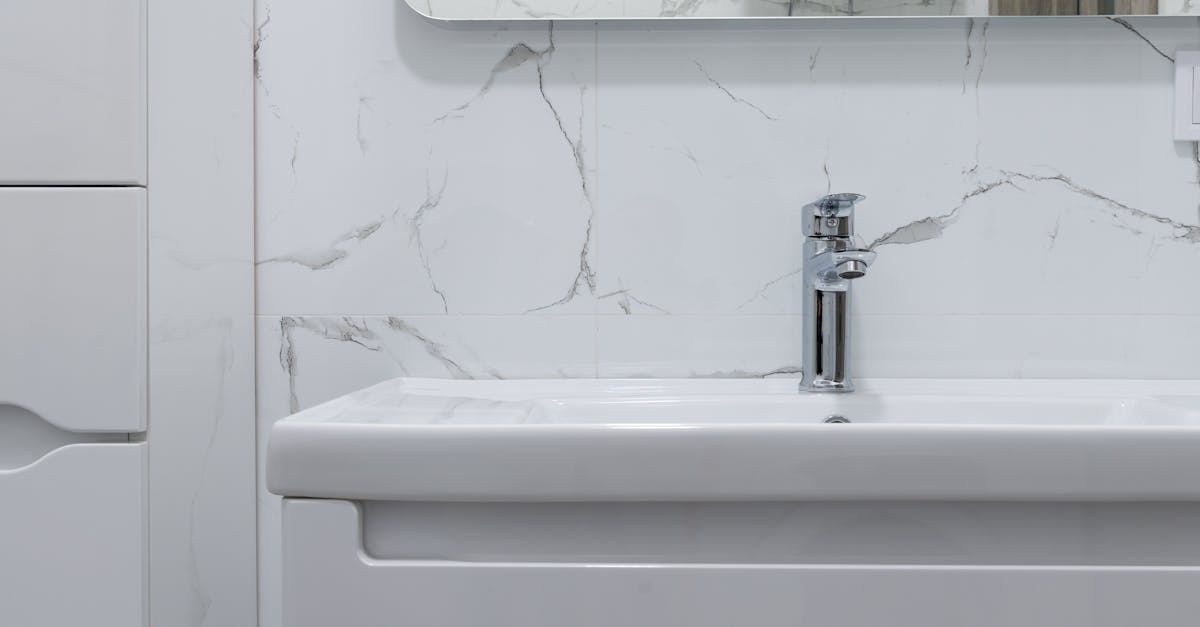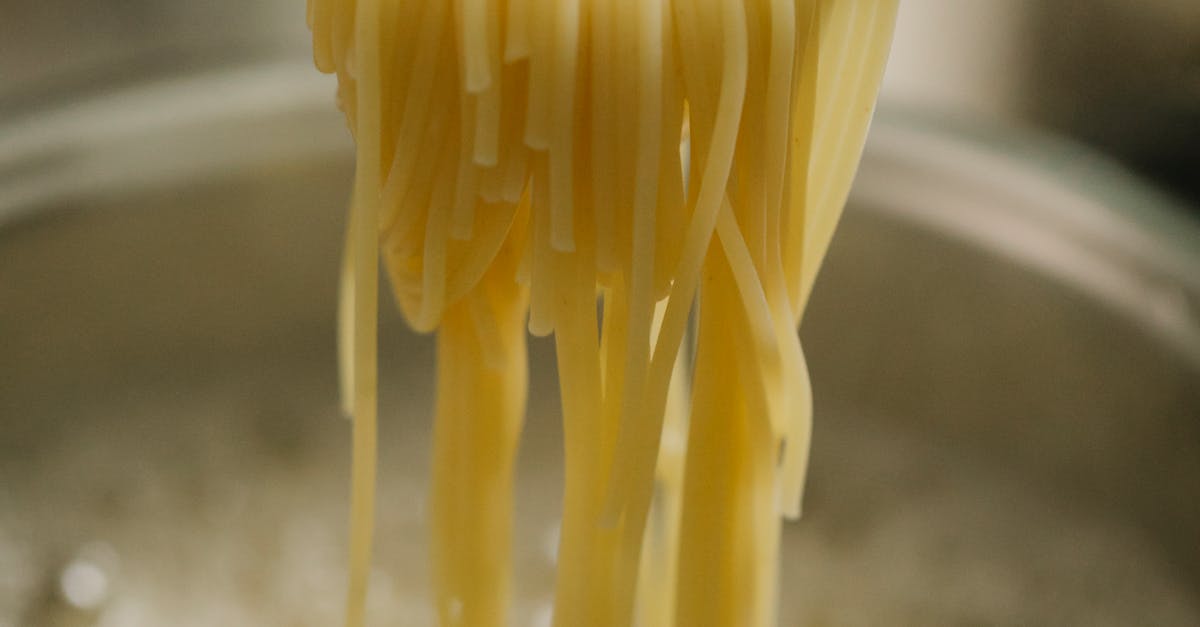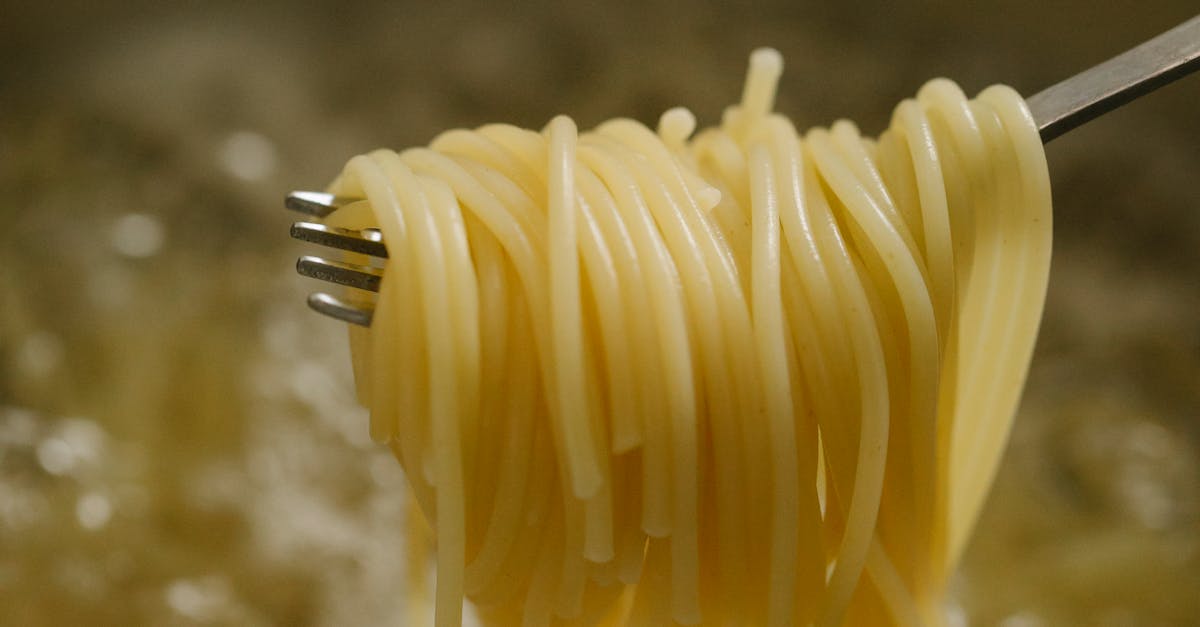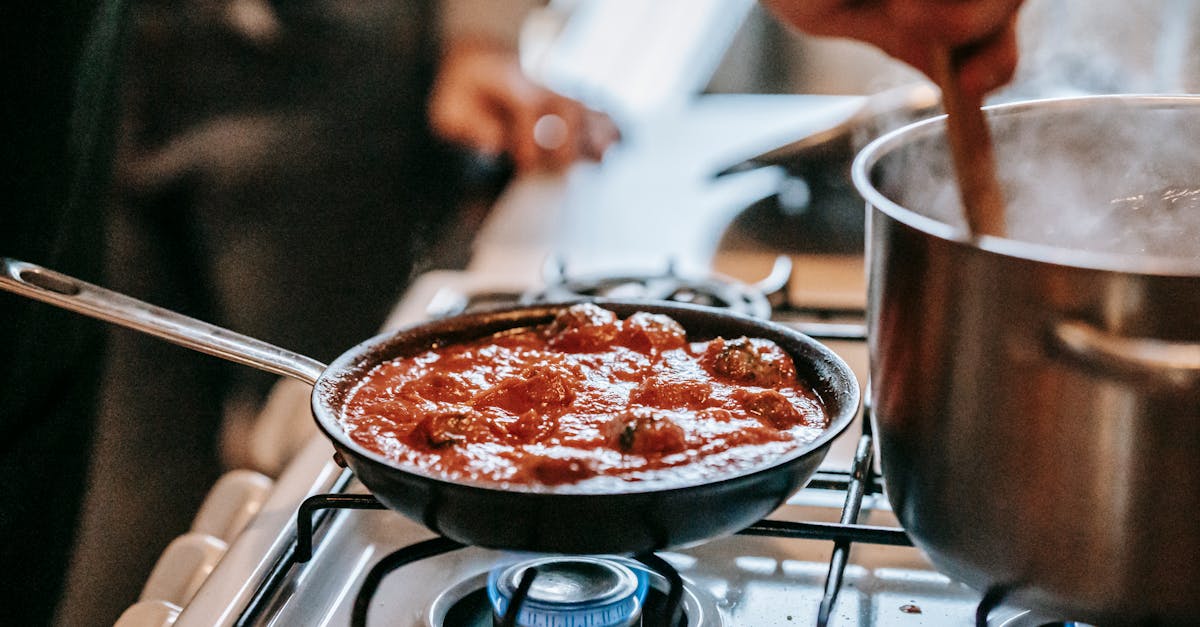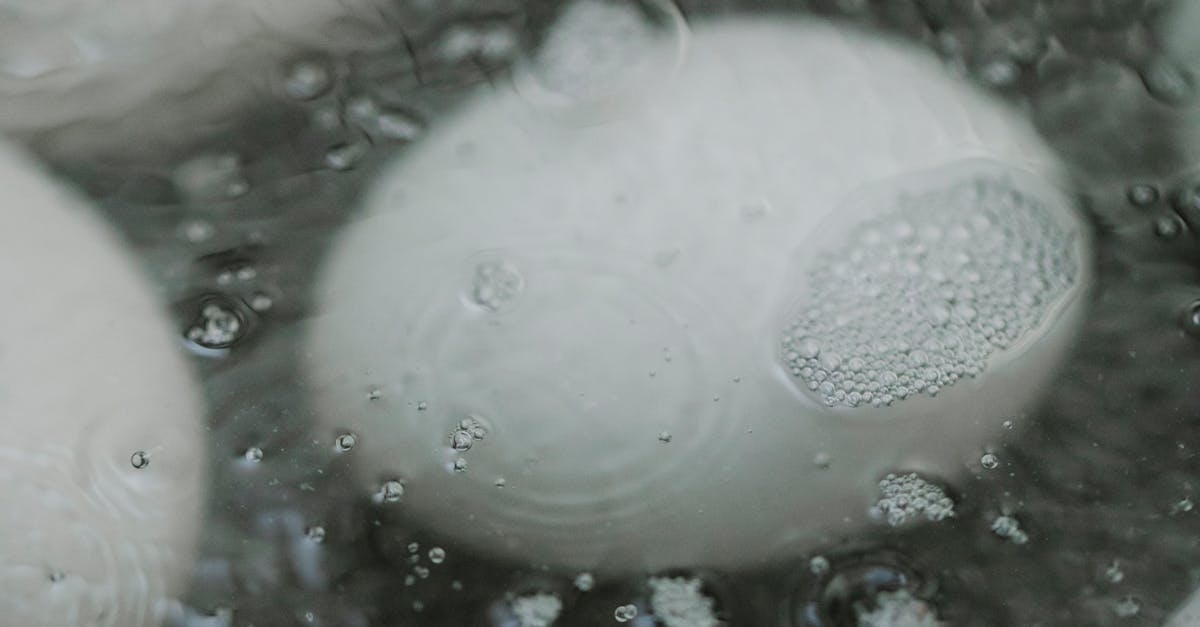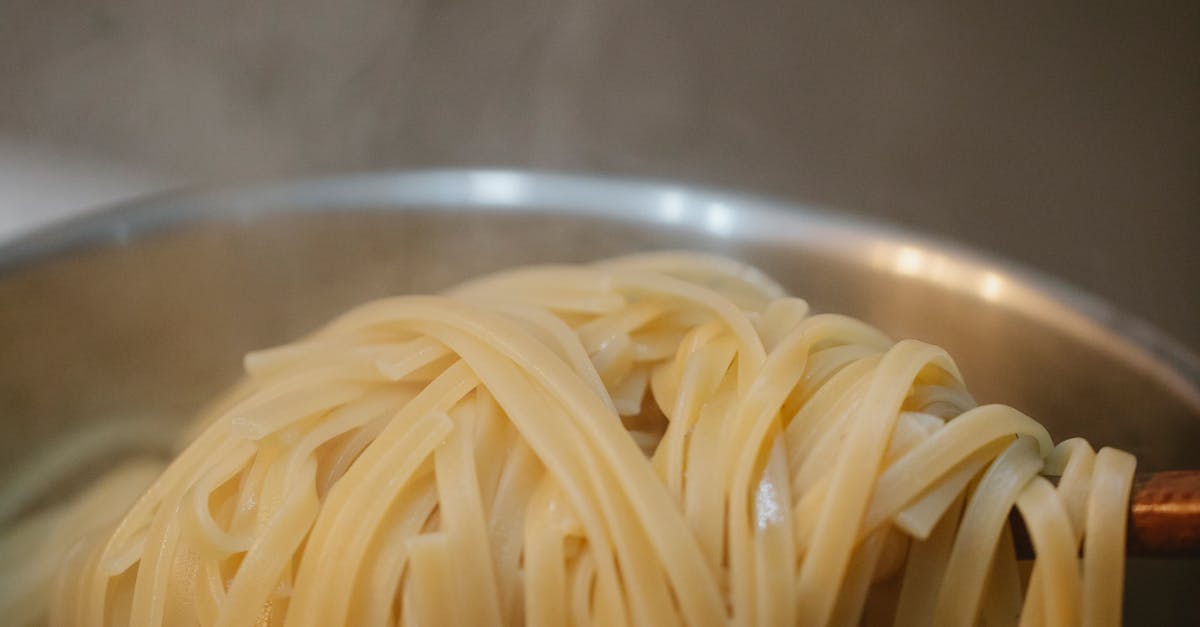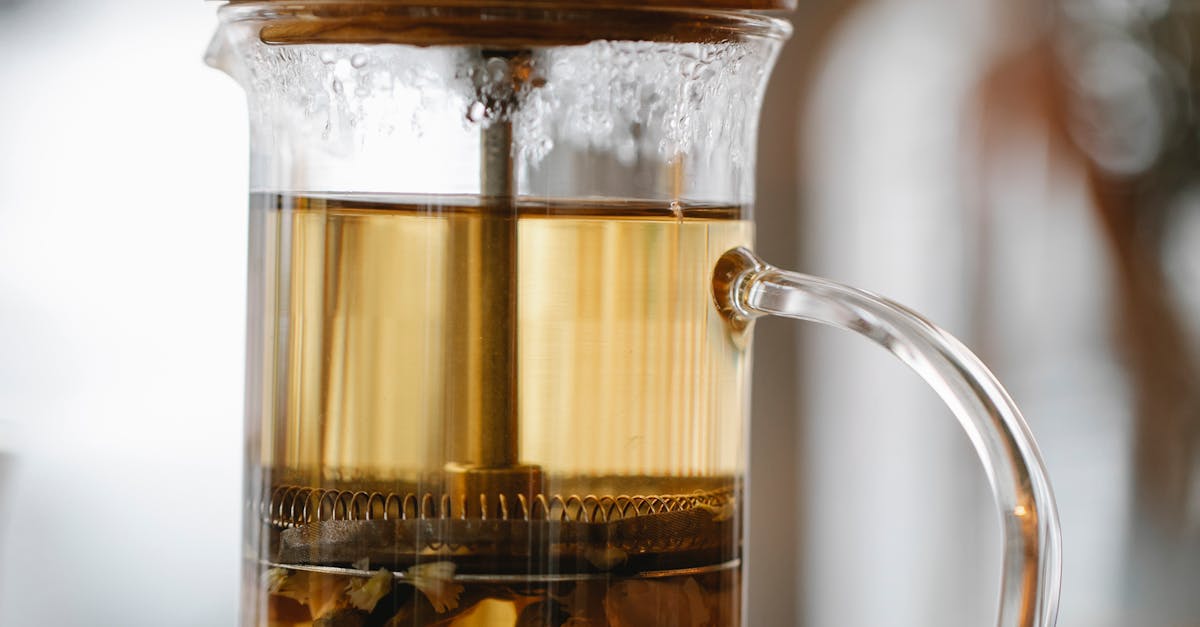
Table Of Contents
Power Supply Problems
Power supply issues can significantly affect the functionality of an electric water heater. If the heater is not receiving adequate voltage, it may struggle to reach the desired temperature. It's crucial to check the circuit breaker to ensure it is not tripped. Additionally, verifying that the power supply is consistent and properly wired can help in diagnosing the issue. Hot Water System Troubleshooting often starts with power supply examinations, making it a logical first step in resolving heating concerns.
Another common problem involves loose or corroded electrical connections. Inspecting wiring for signs of damage or wear can reveal potential faults interrupting the power flow. Ensuring that connections are secure and in good condition plays a vital role in maintaining efficient operation of the water heater. If any issues are found, it's advisable to engage a professional to carry out repairs or replacements, as safety is paramount when dealing with electrical systems.
Checking Electrical Connections
One common reason an electric water heater may not be producing enough hot water is faulty electrical connections. Inspecting the connections is a crucial step in Hot Water System Troubleshooting. Loose wires or corroded terminals can disrupt the flow of electricity, leading to inadequate heating. Disconnecting the power supply and inspecting the wiring for damage or wear is vital. Ensure that all connections are secure and clean; any oxidation should be removed to facilitate better conductivity.
Additionally, testing the circuit breaker is necessary, as a tripped breaker can prevent the heater from functioning properly. If the breaker repeatedly trips after being reset, it may indicate an electrical issue that requires professional attention. Properly functioning electrical components are essential for the efficiency of your water heater. Regular checks of these connections can help ensure sustained performance and prevent potential failures in the future.
Cold Water Inlet Problem
A common issue that can affect the performance of your electric water heater is related to the cold water inlet. If this valve is blocked or partially obstructed, it can significantly limit the amount of cold water entering the tank. When cold water cannot flow freely, the heater struggles to maintain optimal water temperatures. This problem often goes unnoticed, yet it is a key factor in Hot Water System Troubleshooting.
Identifying blockages in the inlet valve requires a thorough inspection. Look for any debris, mineral buildup, or sediment that may restrict water flow. Cleaning or replacing the inlet valve may be necessary to restore normal function. Regular maintenance can help prevent such issues, ensuring that the heater operates efficiently and delivers hot water consistently.
Identifying Blockages in Inlet Valve
A common issue that can hinder the efficiency of your electric water heater is a blockage in the cold water inlet valve. This blockage can prevent sufficient cold water from entering the tank, which directly impacts the heater's ability to provide hot water effectively. Regular maintenance is essential to ensure that the inlet valve remains clear. If sediment buildup occurs over time, it can lead to insufficient hot water production.
To check for blockages, inspect the inlet valve and the associated piping for any signs of debris or mineral buildup. Clean the valve and pipes as needed to facilitate the free flow of cold water into the tank. During Hot Water System Troubleshooting, this step is crucial, as it addresses potential problems that could lead to inadequate heating performance. Ignoring possible obstructions can result in ongoing dissatisfaction with your hot water supply.
Age of the Water Heater
The age of a water heater can significantly affect its performance. As units get older, they may not heat water as efficiently as they once did. This decline in efficiency can result in lukewarm or insufficient hot water, causing frustration for households relying on consistent hot water supply. Regular maintenance may help, but there comes a point when an aging heater can no longer meet demands. Therefore, if your water heater is over 10 to 15 years old, it may be time to consider replacement options.
Understanding the impact of aging on your water heater is crucial in any hot water system troubleshooting. Older models may also encounter wear and tear on components like heating elements or thermostats, further hampering their ability to produce hot water. If repairs are becoming too frequent or costly, evaluating whether to upgrade to a newer unit could be beneficial for both efficiency and reliability.
Impact of Aging on Performance
As electric water heaters age, their performance can decline significantly. Mineral buildup within the tank can restrict water flow and heat efficiency, causing longer wait times for hot water. Additionally, the heating elements may suffer wear and tear, leading to inadequate heating and uneven temperature distribution.
Regular maintenance can help prolong the life of your water heater. If you notice a decrease in hot water supply, it may indicate a need for Hot Water System Troubleshooting. An inspection of components like heating elements and thermostat settings can reveal underlying issues and assist in restoring optimal function to the system.
FAQS
What are the common reasons my electric water heater isn't providing hot water?
Common reasons include power supply problems, issues with the cold water inlet, blockages in the inlet valve, and the age of the water heater affecting its performance.
How can I check if there is a power supply issue with my water heater?
You can check for power supply issues by inspecting the electrical connections, ensuring the breaker is not tripped, and verifying that the unit is plugged in securely.
What should I do if I suspect a blockage in the cold water inlet valve?
If you suspect a blockage, turn off the water heater, check the inlet valve for any obstructions, and clean or replace the valve if necessary.
How does the age of the water heater affect its performance?
As water heaters age, their efficiency can decline due to sediment buildup, wear and tear on components, or outdated technology, which may result in insufficient heating.
When should I consider replacing my electric water heater?
If your water heater is over 10-15 years old and frequently has issues with heating or efficiency, it may be time to consider replacement to ensure consistent hot water supply.
